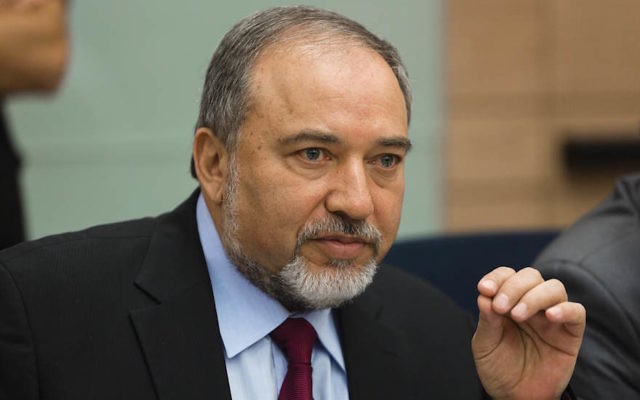‘We are building and will continue to build’
ISRAEL has announced the construction of 2500 new homes in the West Bank, in the biggest building coup for settlers since 2013.
ISRAEL has announced the construction of 2500 new homes in the West Bank, in the biggest building coup for settlers since 2013.
In stark contrast to the Barack Obama era, the White House hasn’t condemned the move, promoting speculation that it was coordinated with the new US President Donald Trump during his phone call with the Israeli Prime Minister on Sunday.
“I have agreed with the Defence Minister on 2500 units in Judea and Samaria,” Benjamin Netanyahu stated on Tuesday, using the Hebrew term for the West Bank. “We are building, and will continue to build.”
Defence Minister Avigdor Lieberman intimated that the announcement was part of the transition from the Obama administration. “We’re going back to normal life,” he said.
Palestinian politicians reacted scathingly. “It is evident that Israel is exploiting the inauguration of the new American administration to escalate its violations and the prevention of any existence of a Palestinian state,” said Hanan Ashrawi, a senior official in the Palestine Liberation Organisation.
Also this week, the Jerusalem Local Planning Committee approved building permits for 566 housing units in the east of the city, in a process that had been frozen until Obama left office, and Netanyahu reportedly told ministers that he’s lifting all restrictions from central government on Jerusalem construction.
There are indications that the building plans for the West Bank are in part Netanyahu’s sweetener to the settler right, after deciding to slam the brakes on legislation to annex the settlement of Maale Adumim, and declare it part of Israel.
Naftali Bennett, leader of the rightist Jewish Home party, had called for Netanyahu to take advantage of the Trump era to pass this legislation as the first step to a wider annexation. “The US is entering a new era; the State of Israel is also this week entering a new era for national security,” he said. “Prime Minister Netanyahu faces a historic decision: either sovereignty or Palestine. Either sovereignty or ISIS on Route 6.” But Netanyahu is against annexation, at least for now, warning ministers that “surprises” like this could harm the Jerusalem-Washington relationship.
The building announcement also appears to have been an attempt to calm the right ahead of February 8, when Amona, a West Bank outpost, is due for demolition, because it sits on privately owned Palestinian land.
Netanyahu made an agreement with residents for them to move to a nearby plot, but the High Court has just frozen this deal, following claims that this plot is also privately owned. He is believed to hope that the building announcement will allow him to argue that he lost the battle to save Amona’s 40 homes, but is delivering many more.
As well as facing Palestinian anger over the planned building, the government in Jerusalem is subject to Arab anger from within Israel. After bloodshed in a Bedouin village, leaders of Israel’s Arab minority were seething this week – and urging their followers to demonstrate. “This is the result of a policy of hatred by the Prime Minister,” declared Arab politician Ayman Odeh in the aftermath of clashes that left one Bedouin-Arab man and one Jewish police officer dead.
There were banners waved and slogans yelled with similar claims in a protest this week by hundreds of Arabs outside the Knesset. On Tuesday, thousands of people went to the funeral of Yaqoub al-Qian, the Bedouin-Arab man who was killed, and heard speeches decrying the state’s conduct.
Odeh and many of Israel’s Arab citizens say that al-Qian, who died last Wednesday, was a victim of Israeli aggression. The Israeli establishment, and much of the Jewish public, is backing a very different version of events.
Police say that al-Qian first started a ramming attack by speeding his SUV towards officers who responded with fire. Others claim that the fire from officers came first. President Reuven Rivlin stood by the police’s version of events, and said that the Jewish policeman Erez Levi “was murdered by a terrorist in an abhorrent terror attack”.
The incident took place at Umm al-Hiran in the Negev desert, where Israeli authorities were demolishing illegally built Bedouin homes, and villagers were demonstrating. The land does not belong to the Bedouins, and is wanted by the state for a new neighbourhood.
Umm al-Hiran villagers have been offered to live in the new locale, but object to the plan. For the Israeli Arab community, the land dispute and the loss of life have combined to create an atmosphere which some observers say could fuel further violence.
Adalah, the rights group for Israeli Arabs, is arguing that the police’s claims in the case “are part and parcel of the police force’s culture of lies when it comes to Arab society in Israel”.
NATHAN JEFFAY


comments